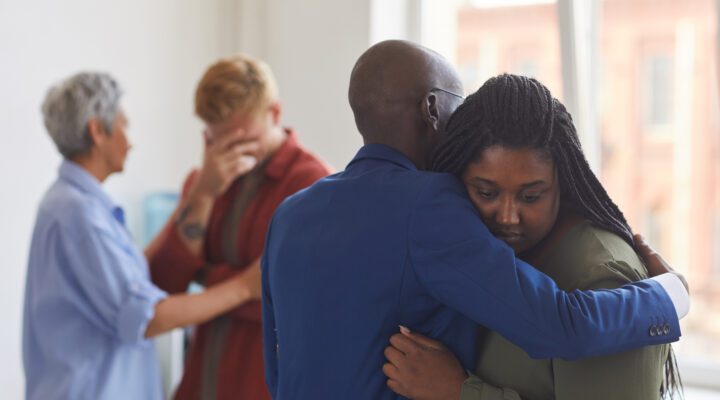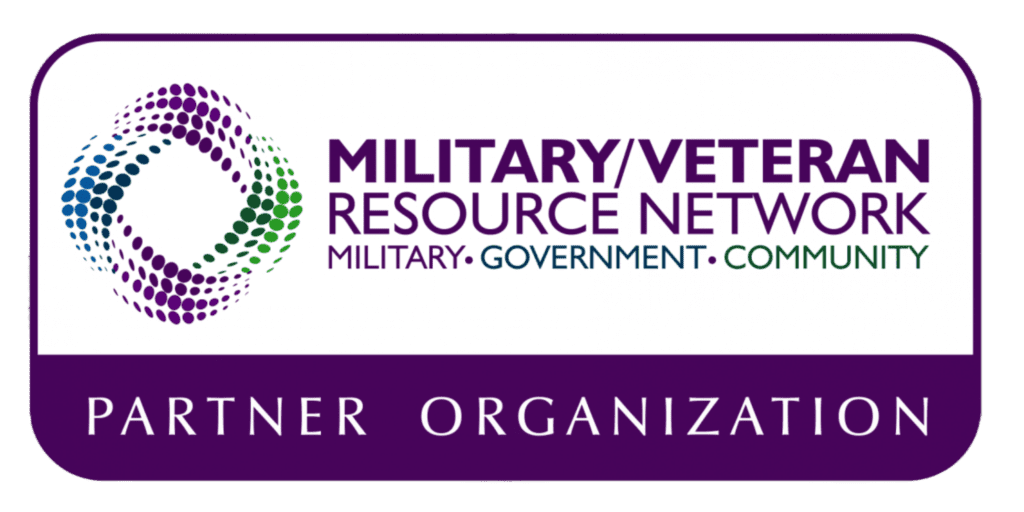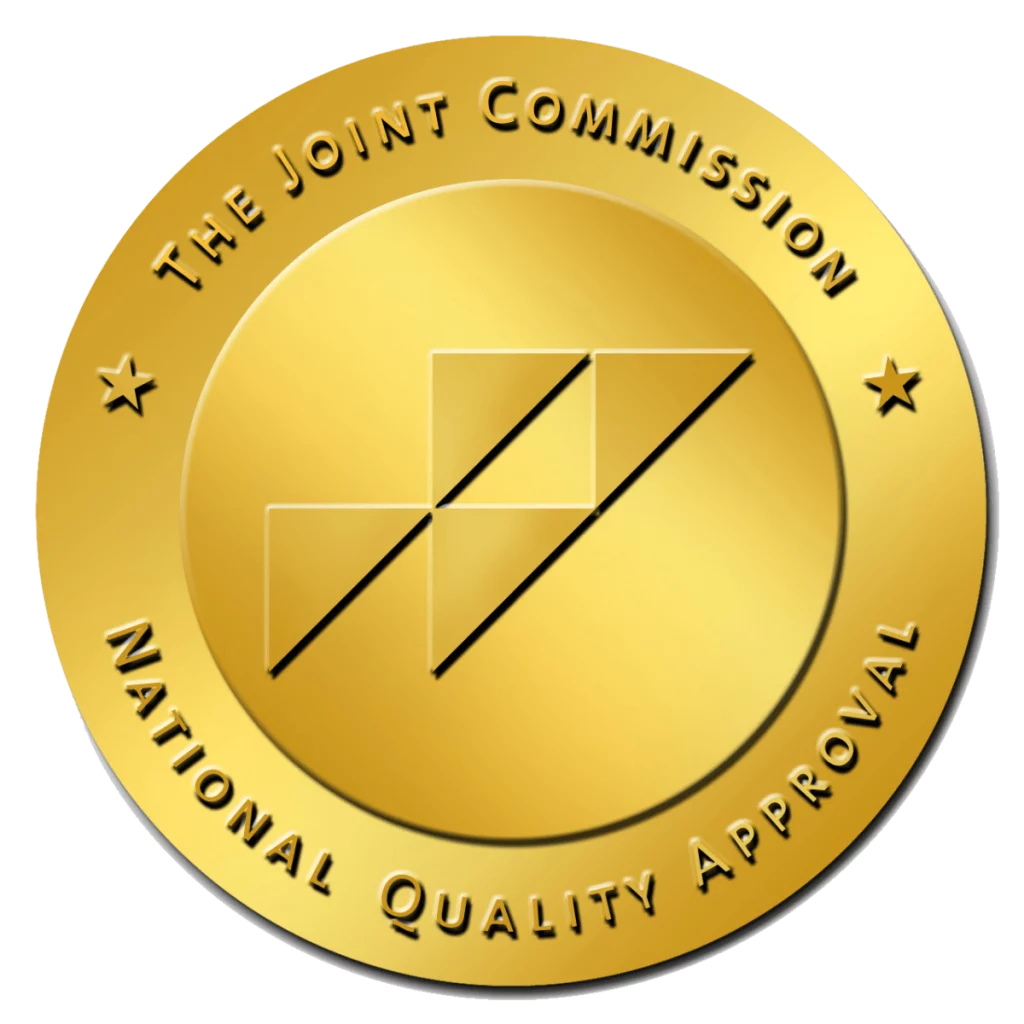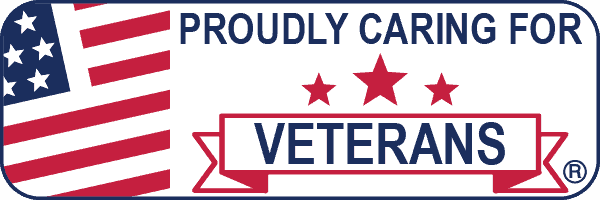Blog
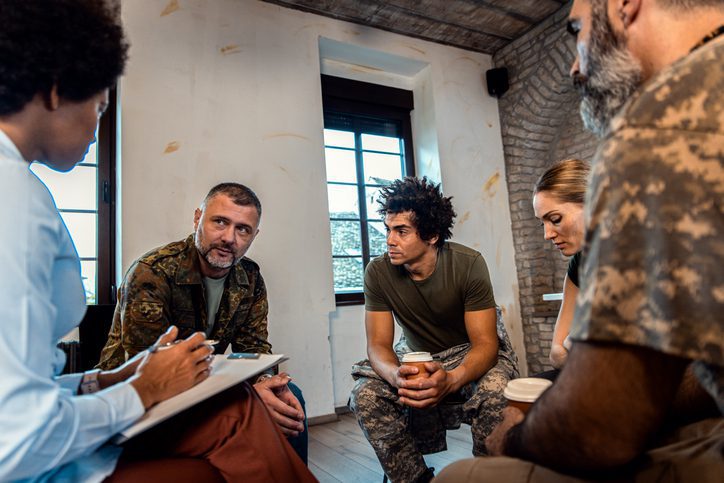
Tactical Recovery Can Help Veterans, Active Military, and First Responders
In the demanding and high-stress world of first responders, Veterans, and active military personnel, the incidence of post-traumatic stress disorder (PTSD) and addiction to drugs or alcohol is higher than
- by Terry Hurley
The journey from active drug and alcohol addiction to recovery has many challenges. One of the most effective treatment techniques is cognitive behavioral therapy (CBT). Recognized as a powerful tool...
- by Terry Hurley
Depression and anxiety are two of the most common mental health disorders impacting people in the United States. These complex conditions, affecting a person’s thoughts, feelings, and ability to function,...
- by Terry Hurley
When beginning the journey of recovery from drug or alcohol addiction, setting healthy boundaries is crucial to maintaining lasting sobriety. Establishing and maintaining healthy boundaries facilitates personal growth, fosters positive...
- by Terry Hurley
Addiction to drugs or alcohol is a complex and often misunderstood disease that affects more than 20 million people in the United States, ages 12 and over. Despite its prevalence,...

